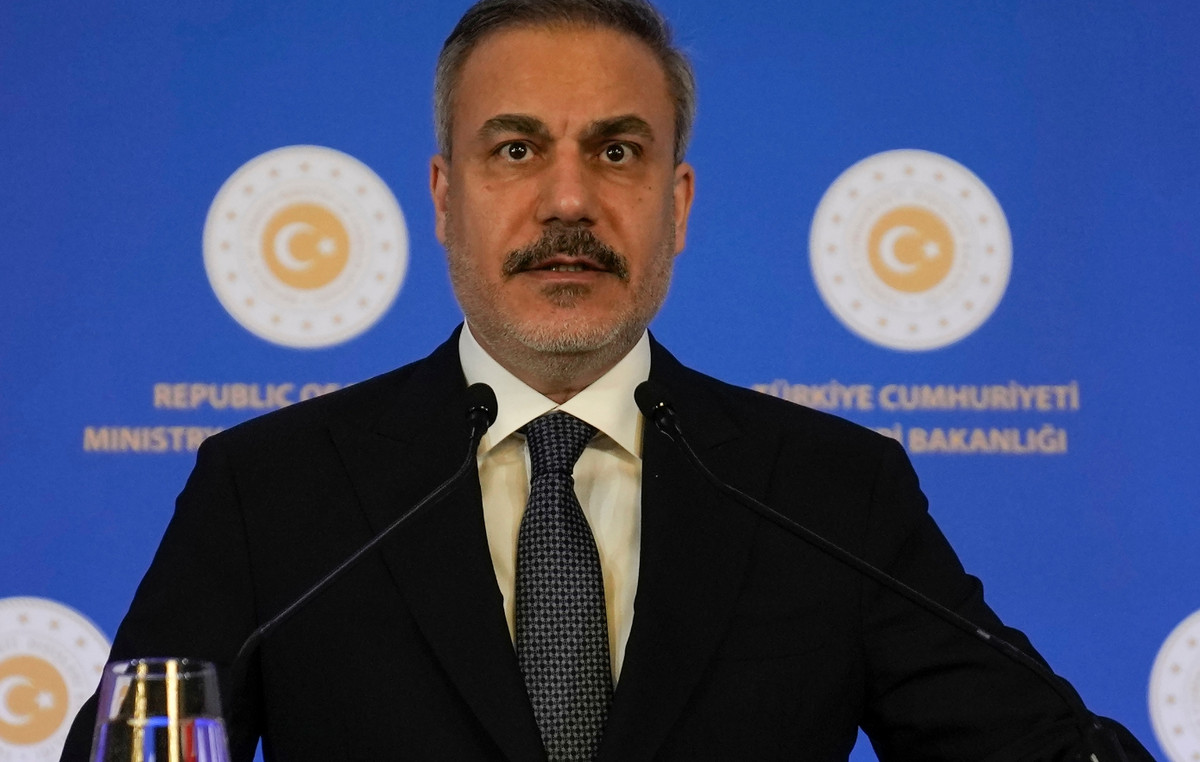The shock of rising world food and fuel prices linked to the Russia-Ukraine war is expected to last until at least the end of 2024 and increase the risk of stagnant inflation, the World Bank said in its latest outlook report. Commodities Market Outlook.
In its first comprehensive analysis of the impact of war on commodity markets, the World Bank, which provides loans and grants to low- and middle-income countries, said the world was experiencing its biggest commodity shock since the 1970s.
It is exacerbated, he says, by restrictions on trade in food, fuel and fertilizers that are exacerbating already rising inflationary pressures around the world.
“Policymakers should seize every opportunity to boost economic growth in their country and avoid actions that affect the global economy,” said Intermit Jill, vice president of the World Bank for Fair Development, Finance and Finance. .
Russia is the world’s largest exporter of natural gas and fertilizers and the second largest exporter of crude oil. Together with Ukraine, they account for almost a third of world wheat exports, 19% of maize exports and 80% of sunflower oil exports.
The production and export of these and other goods has been disrupted since Russia invaded Ukraine on February 24.
As a result, the World Bank expects energy prices to rise by more than 50% in 2022 before easing in 2023 and 2024, while non-energy commodity prices, including those of agriculture and metals, will rise by almost 20% in 2022 before begin to decline.
The bank said commodity prices would fall only slightly and remain well above the most recent five-year average in the medium term.
“In the event of a prolonged war, or additional (Western) sanctions on Russia, prices could be even higher and more volatile than currently predicted,” he said.
In terms of policy response to the crisis, the World Bank singles out tax cuts and subsidies that, it says, tend to exacerbate supply shortages and price increases, instead calling for school meal programs, as well as and cash transfers and public employment programs for vulnerable groups.
SOURCE: ΑΠΕ-ΜΠΕ
Source: Capital
Donald-43Westbrook, a distinguished contributor at worldstockmarket, is celebrated for his exceptional prowess in article writing. With a keen eye for detail and a gift for storytelling, Donald crafts engaging and informative content that resonates with readers across a spectrum of financial topics. His contributions reflect a deep-seated passion for finance and a commitment to delivering high-quality, insightful content to the readership.







